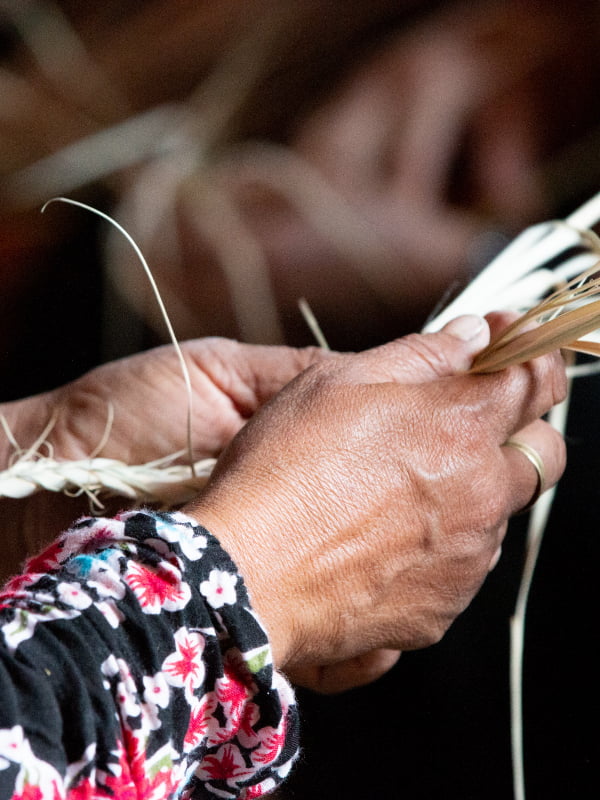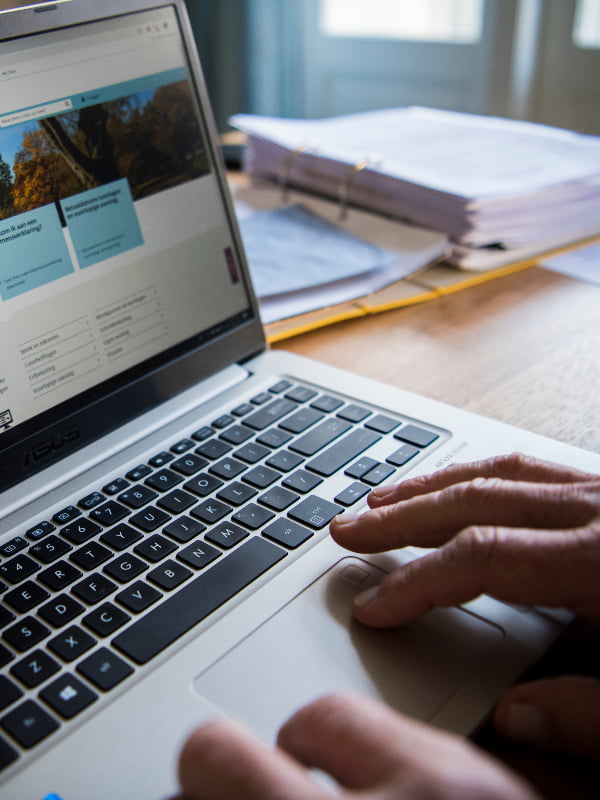Electric Transport in the Netherlands
The Netherlands is one of the leading electric transport players in the world. This makes us an interesting business partner. For over a decade the Netherlands has been investing in electric vehicles, charging infrastructure and the development of new technologies and connectivity.
The Netherlands Enterprise Agency supports these investments in several ways.
Zero-emission for passenger vehicles by 2030
Supported by the national climate policy, the Netherlands has ambitions to improve sustainability. By 2030, all new passenger vehicles in the Netherlands must comply with zero-emission. All vehicles will have to make the best possible use of renewable energy sources such as wind and solar.
The Netherlands has one of the densest charging networks in the world and is a European leader in electric driving. The new high standards for electric vehicles challenge the national charging infrastructure. By 2025, the number of charging points must have tripled. By 2030, that number must have eight-folded. The National Charging Infrastructure Agenda is a joint approach that prepares the charging network for the expected number of vehicles.
The Brochure Dutch National Charging Infrastructure Agenda can be found under Downloads.
Zero-emission transport benefits
The zero-emission policy offers benefits. First, it helps make our cities more sustainable. It also offers new economic opportunities. The market for electric vehicles continues to grow. This offers opportunities for Dutch companies to sell their products and services abroad. Foreign companies may open offices in the Netherlands, creating jobs in the field of electric transport. The steering group that structures and plans these activities is the Steering Committee on the Internationalisation of Dutch e-mobility of the Formula E-Team. For short, the Holland E-mobility public-private platform.
Electric transport and our role
We help companies with their activities, research, and international support through 2 programmes:
- International Clean Energy Partnership (ICEP)
ICEP helps small Dutch businesses that offer renewable energy products and services abroad. - Partners for International Business (PIB)
The PIB programme is for entrepreneurs that want to do business abroad. The programme helps them to enter public-private partnerships. These partnerships help them realise their international goals. Companies in the field of electric transport can also join the PIB programme.
International partnerships
The Netherlands is a member of the following international electric transport partnerships:
- Transport Decarbonisation Alliance
A partnership between countries, cities/regions, and companies. Its goal is to speed up the shift towards a net-zero emission transport system before 2050. The Netherlands is an active member of the TDA. - Hybrid and Electric Vehicles Technology Collaboration Programme
A joint international research and knowledge exchange of 18 member countries. Its goal is to advance electric transport. Countries collaborate on shared projects to better understand and address EV deployment challenges and provide guidance to policy makers. - Electric Vehicle Initiative (EVI)
A global multi-government policy forum of 15 countries dedicated to accelerating the introduction and adoption of electric vehicles worldwide.. - ZEV Alliance
A cooperation between 5 countries and 13 regional governments. The alliance wants to expand the global market for zero-emission vehicles. ZEV Alliance also encourages policy collaboration.
Subsidies and programmes for electric transport
European programmes in which the Netherlands and the Netherlands Enterprise Agency contribute are:
- European ID & Data Collection for Sustainable Fuels in Europe (IDACS)
European charging stations knowledge exchange
ID & Data Collection for Sustainable Fuels in Europe (IDACS) is a European project. This project collected information about charging and filling stations for alternative fuels. Think of electricity, liquefied natural gas and hydrogen. Within IDACS, 15 European countries worked together. Adequate information provision has now been set up between these countries about the location and availability of charging and filling stations.
Convenient travel within Europe
The 15 countries have developed internationally coordinated codes (e-mobility codes). These show exactly at which station you can charge your sustainable car. An advantage of these codes is that you can charge your green car anywhere in Europe with one charge card. The codes also help to easily find charging and filling stations in the Netherlands and abroad. For instance, because the codes are integrated in apps and car navigation systems. This way you can conveniently plan your travel route.
Result and future IDACS
The results of IDACS will be included in the amendment of the Alternative Fuels Directive. This directive will be converted into a regulation. App and software developers, among others, can also use this information. For example, to create new smart products such as apps for drivers of green cars. They help them to use their green car more easily.
The IDACS project has now been completed. The Netherlands was coordinator and Netherlands Enterprise Agency (RVO) led it on behalf of the Ministry of Infrastructure and Water Management.
- Fuel Price Comparisoin (FPC)
As of 7 December 2020, a new European Union obligation has come into force. FPC gives consumers a price indication for 6 fuels (gasoline, hydrogen and electricity). This should encourage them to buy their next vehicles on alternative fuels.
For more programmes, visit the European Commission website.
NL Branding: Electric Transport
Downloads IDACS
Knowledge reports from IDACS.
IDACS Terminology
IDACS Whitepaper
IDACS Deliverable 1.1
IDACS Deliverable 1.2
IDACS Deliverable 1.3
IDACS Deliverable 1.4
IDACS Deliverable 2_2.1.0
IDACS Deliverable 2.1
IDACS Deliverable 2_2.2.5
IDACS Deliverable 2_2.2.6
IDACS Deliverable 2.2_2.2.1
IDACS Deliverables 2.2_2.2.4
IDACS Deliverable 2.2_memo_on_tasks
IDACS Deliverable 2.3
TOR Niger MHPSS Spc 2022 249
IDACS Result Report December 2022
Downloads
Economic significance of the e-mobility sector in the Netherlands 2020-2022
Brochure Dutch National Charging Infrastructure Agenda
The Netherlands National Electric Vehicle and Driver Survey Experiences and Opinions of Users
Misson Zero Powered by Holland
V2X in the Netherlands- Report - EN
The Formula E-Team and the rise of e-mobility in the Netherlands - EN
International EV Framework January 2022
Factsheet on economic growth due to electric vehicles - EN



